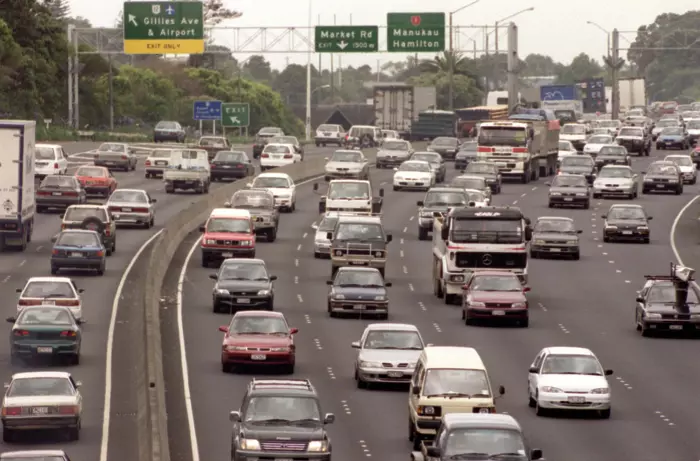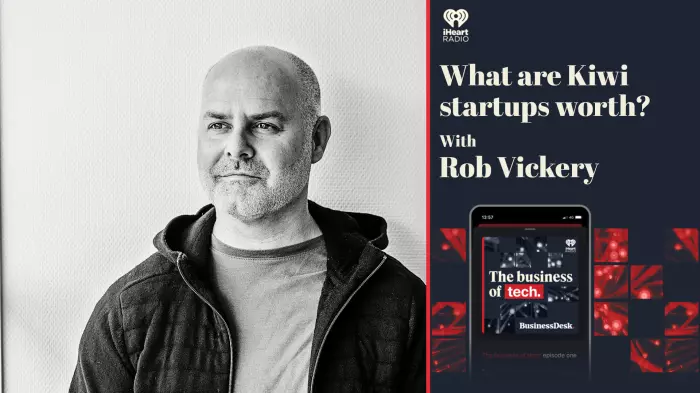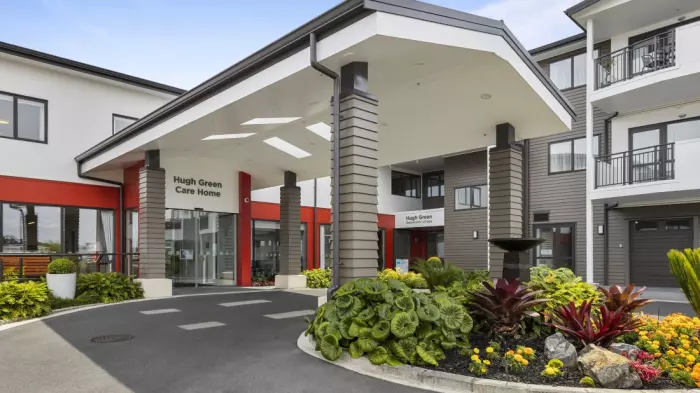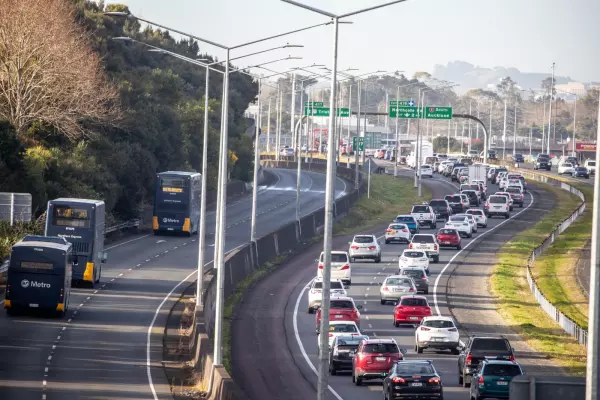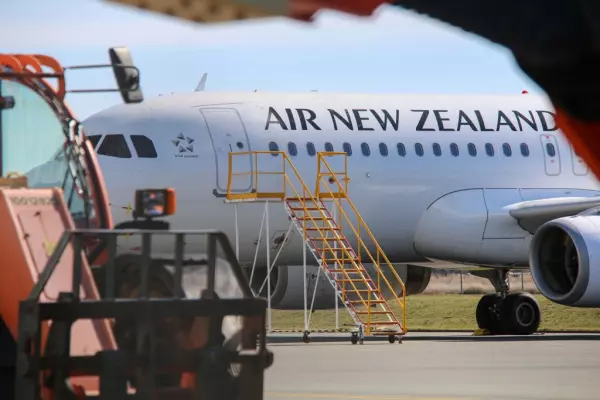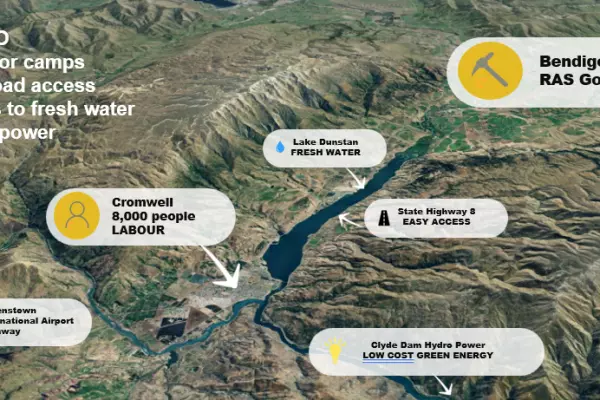New Zealand has little chance of hitting its net carbon zero transport targets – and current policy settings could even make things worse, new research says.
A study prepared by independent economist Richard Meade for electricity distributors Vector and Powerco and gas company First Gas strongly suggests that greenhouse gas emissions analysis and the recommendations of the Climate Change Commission are too ambitious.
Transport is responsible for about a fifth of NZ’s greenhouse gas emissions and has been considered a key area of focus, given that NZ’s electricity sector is already largely based on renewable resources and the agricultural sector’s emissions are linked directly to production.
In its final report, the commission recommended that by 2035, all cars imported must be electric, while road transport will be completely decarbonised by 2050.
But Meade, principal economist at Cognitus Economic Insight, warns the government’s current policy direction could “well backfire”.
Meade said the commission is “massively” and overly optimistic about NZ’s capacity to move to electric and hydrogen-powered transport options.
His report notes that transitioning the country’s current fleet of 3.5 million passenger cars and vans to low emissions technologies, by itself, will be a “Herculean challenge”, given 96% of the fleet runs on petrol and diesel.
Hybrids, which are about 3% of cars on the road, rely on fossil fuels to some degree, while less than 1%, or about 23,245 vehicles, run on electricity. Less than a handful to date run on hydrogen.
The Meade report echoes recent comments from outgoing Auckland Transport (AT) chief executive Shane Ellison that the investments already being made in low emission buses, trains and other decarbonised assets will at best see Auckland reach a 10% to 15% reduction by 2030.
That's a drop in the bucket against Auckland Council's target of a 50% overall reduction in greenhouse gas emissions.
Auckland Transport has been mandated to cut its emissions by almost two-thirds over the same timeframe.
Ellison said the city’s mandate to hit ‘net zero’ could also cost about three times the $37 billion in spending it's budgeted over the next decade alone.
Co-ordination
But even if funding were available, he said, it was “pretty unlikely” that the country had the capacity to design, build and operate it.
Meade suggests that technology breakthroughs mean renewable energy and low-emission transport solutions are feasible, but moving consumers, producers and network providers from polluting technology platforms to low-emissions platforms creates “its own set of coordination issues”.
That, he said, isn’t confined to a “wicked coordination problem” among 1.7 million households, thousands of businesses and hundreds of large industrial concerns about the transport technologies they prefer, but extends to entire energy ecosystems and different sectors.
One main issue is the ‘chicken and egg’ problem in adopting new technologies, he said.
“Users hesitate to migrate until the technology platform is in place, but platform investors hesitate to invest unless sufficient users are in place.”
That 'inertia’ becomes harder to overcome if the low-emissions technology isn’t “clearly superior, either significantly cheaper or better than existing options”.
A balancing act
Policy direction also needs to consider existing infrastructure without undermining decades of investment and coordination that went into the current fossil fuel system, he said.
But, he said, given the certainty of a migration away from burning fossil fuels, these “legacy” entities have a vested interest in being part of the solution, with the balance sheets and technical capabilities to do so.
“The challenge for policymakers is to harness – or engineer – this incentive.”
Meade said there are a number of policy levers that can be used, but the first question would be to decide whether to let rival low-emissions technologies vie for ascendancy, "or to accelerate the transition by committing to a particular low-emissions platform.”


